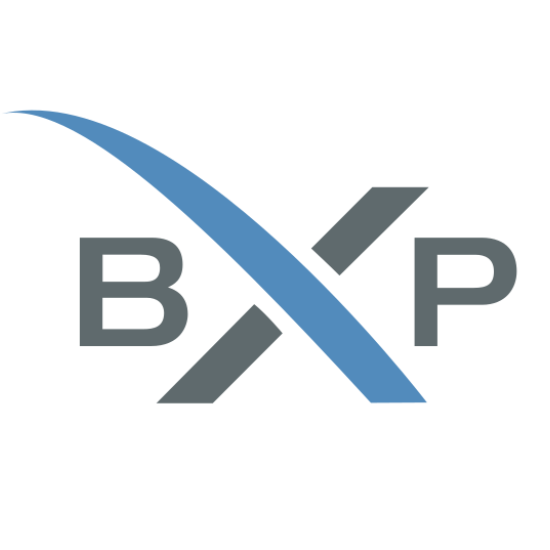As Process Pat and his team prepare to implement BPM and workflow, he gives serious thought to how his team will move their project forward
My company has had five consecutive quarters of incredible growth: profits are up, we're hiring across all departments, and the team feels excitement building. This success is the result of delivering innovative products and executing with smart marketing. Like everyone here, I’d like to see that continue— and I’m in the fortunate spot to be able to have some impact on that. It’s the job of my team to develop business solutions to enable the company to be more efficient — and to support the teams helping us meet and achieve these goals.
While I'm sharing that great feeling, I’m also beginning to get twinges of anxiety that are gnawing at me and keeping me awake at night. To keep up with all this change, I’ve suggested an approach that will change the way our company works— and for which I’ll be responsible. Talking about putting myself on the line….
You see I've requested, and received approval, to automate processes across our entire enterprise to make us more efficient and effective as an organization. I recognize that without a proper solution we will not ‘get’ to where we want to be. The resulting project is going to be rather unique for our company — and I'm the guy responsible for making it happen. So while I'm happy about our company's growth, I'm sweating the details right now about how we're going to implement a better way of doing business.
My plan is to implement a business process management (BPM) system for our processes that provides a standard for communication and collaboration for the entire company— and will incorporate smart forms and automate our workflows. This system will need to be flexible and agile, adaptable to different teams and projects, and I want it to be something that doesn't require a technical skillset to develop — or to use. I'm looking for a software-based solution that solves our real business problems— but without the intermediary step of initiating a new project for each change that we make. In other words, this solution should help my colleagues work more collaboratively, trigger each step in the decision process, make better decisions (based on better information), and provide an ongoing record of the results. And in the end, I’m going to believe that business will be done more quickly.
Beyond just being a solution, this approach I’m taking has to have ‘permanence’ (as much as anything is permanent these days). My expectation is that within one year of launch, we will no longer rely on our outdated processes; we will enable remote workers and third-parties to access our system from both outside our firewall and with mobile devices. I believe there will be a comprehensive document management system that includes easily creating and managing smart forms, with alerts and updates being sent automatically to the appropriate people as needed. Clearly, this will be no small endeavor.
Another thing that makes this challenging is that, while the goal of our project is generally accepted, there are two schools of thought about how to get it done (aren't there always at least two?). Our growth has some people in a state of frenzy, and they want this ‘thing’ done as soon as humanly possible. I, however, prefer to build the solution that can launch over some period of time with minimal disruption and the best opportunity for success. After thinking this through in great detail, and talking with colleagues, I recognize that we will need to be judicious in our approach in order to create a viable and sustainable solution.
I also recognize that it may take time to train employees in new ways of working. Those colleagues who suggest that we make all our preparations and launch in a single "big bang" aren't taking into account that its success will ultimately be based on how many people use the new solution. And to encourage usage, we need to begin by making our employees partners in the process.
Am I stressed about the magnitude of what we’re embarking on? Not completely. I've been through a number of projects — not quite like this but with the goal of becoming more efficient and competitive. Over time I've come to learn what's effective when you're implementing solutions that may require some new behaviors or changes to long-held processes. Even before all of this I had been pushing for better ways for our employees to communicate, collaborate, and transact business. I always viewed that as being part of my job; I shouldn't BE a bottleneck, I should fix bottlenecks! Having worked in a variety of organizations, with varying mindsets about change, I feel like I have a Ph.D. in both operational and corporate inefficiency.
So yes, things are going well here. And yes, I'm a bit worried. But as long as I can commit to a realistic timeline, keep this thing on budget, ensure a smart roll-out and empower employees, then we will be on our way to achieving even more growth and success.

